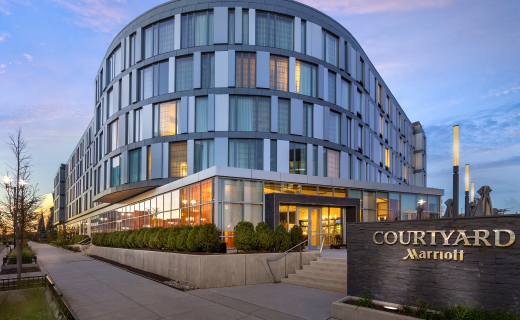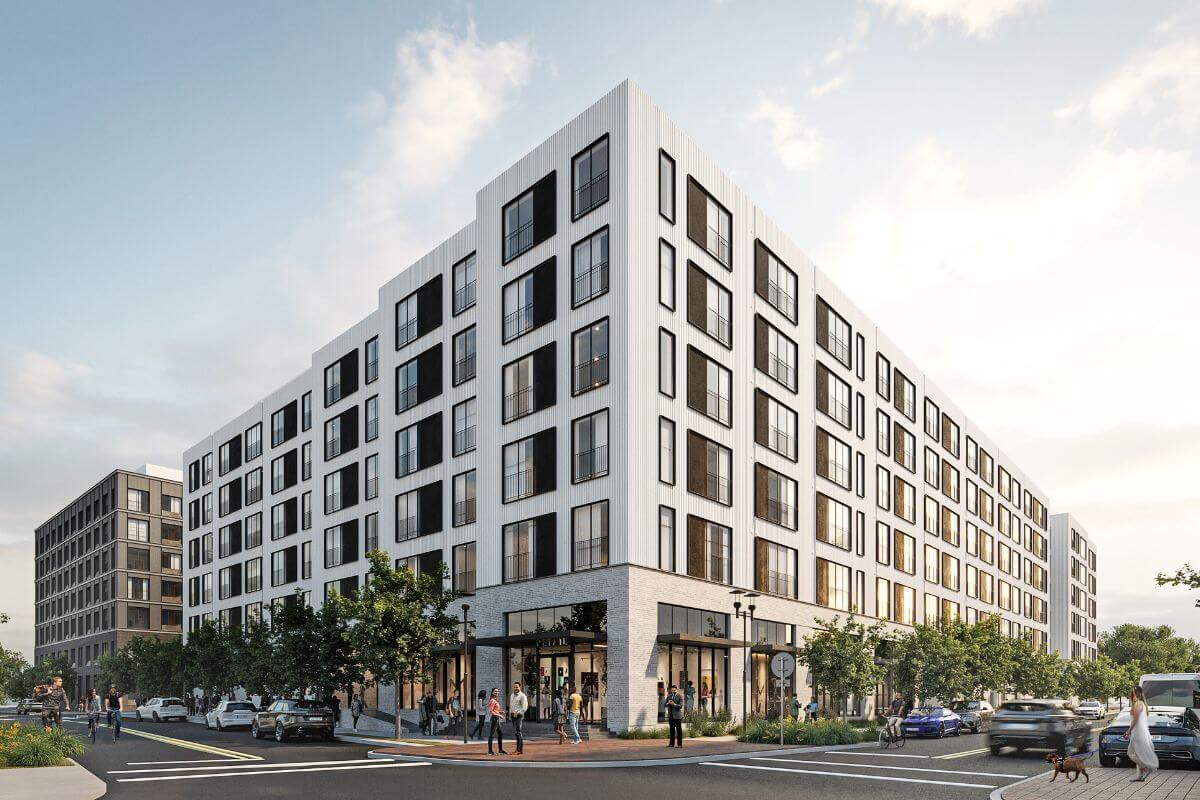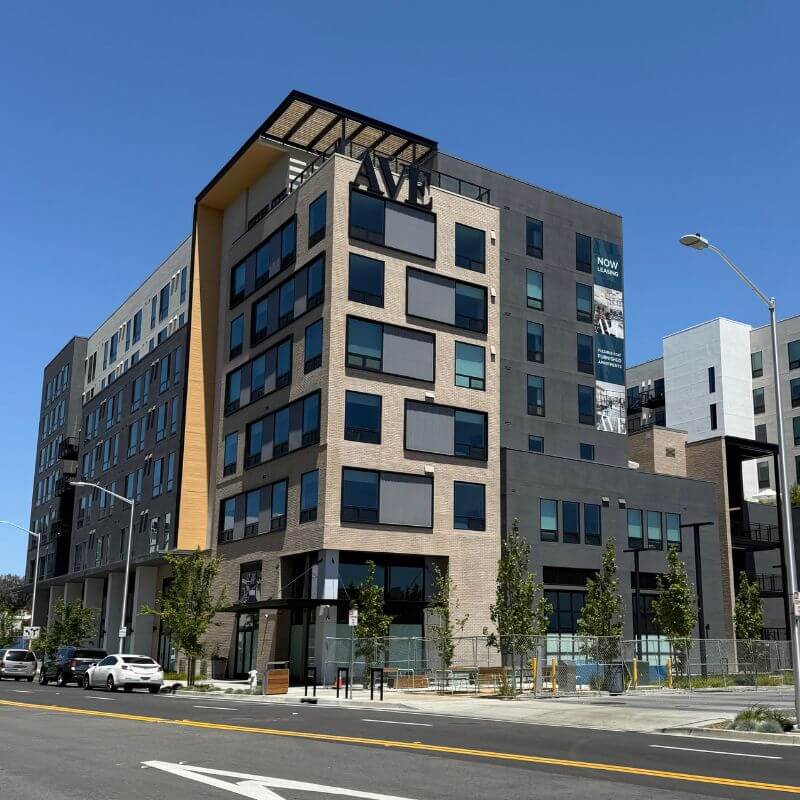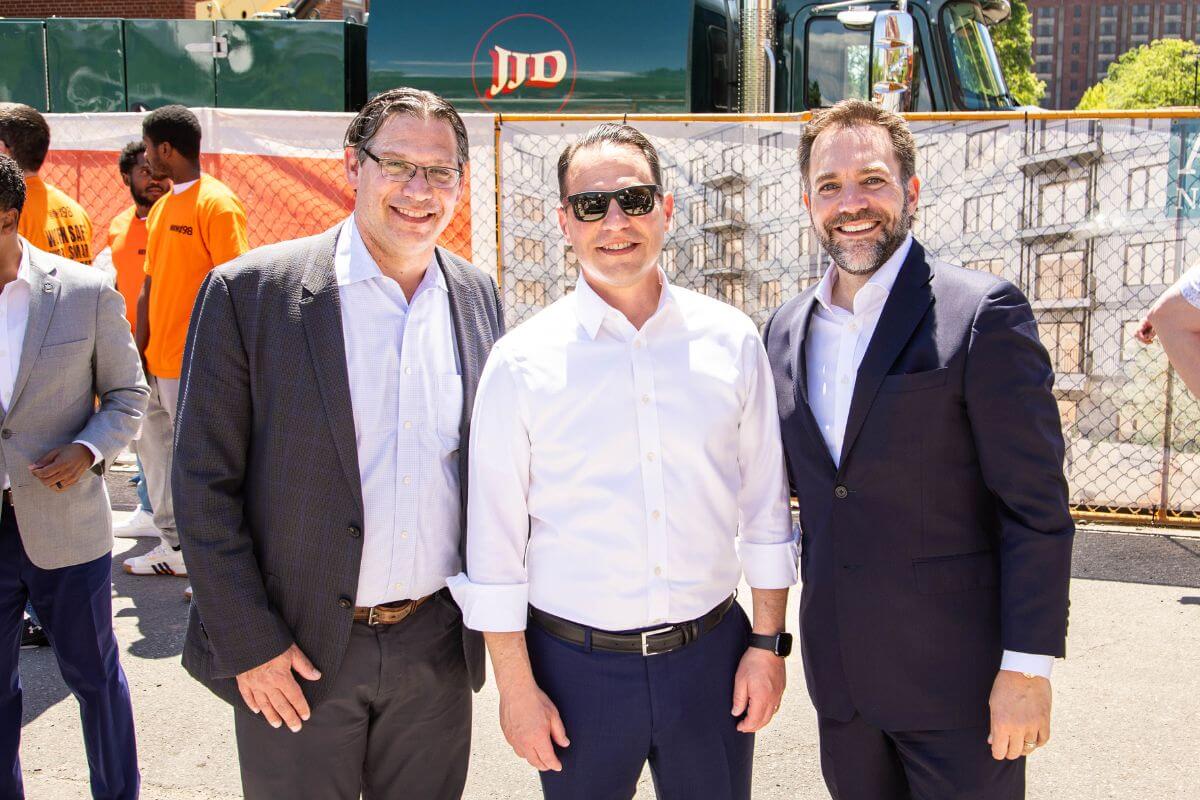Successfully managing a medical office building portfolio means going beyond just taking care of a building or maintaining property grounds. A respected property manager is conscious about the overall needs and conditions of their tenants, guests/patients and surrounding healthcare community. Also, property owners are looking to their property managers to minimize the cost of maintenance while maintaining the property well enough to increase the value of their asset. Some of the most important tips to achieving complete client satisfaction are as follows:
- Be ethical and honest. Property managers make decisions that affect their properties and tenants every day. It is vital that openness and honesty are at the forefront of communicating your decisions – whether to tenants or the property owner.
- Listen and communicate well. A successful property manager ensures everyone involved in the property fully understands each other’s role. It is important to always demonstrate an articulate and calm demeanor, as a part of the role involves interfacing with a broad spectrum of individuals such as: security, property owners, patients/visitors, physicians/tenants or vendors. Maintaining a professional and calm manner throughout any conflict is critical to client relations.
- Flexibility is a must. Constant variables in the economy, government, healthcare industry and society in general can affect the role of a property manager and it is important to be flexible enough to accommodate these changes. Understanding that each day is never the same; a property manager must have the ability to adapt and re-prioritize to what comes their way, as well as accomplish their standard daily activities.
- Be attentive to detail and organized. Throughout the course of a day a property manager oversees numerous things such as: financial records, lease provisions, rent collections, contracts for security, HVAC, landscaping and other services. It’s important to not overlook what you may consider the small things, as they are often times the things that are most noticeable to another individual. While cutting the grass or watering plants may not seem like the top priority, it’s what tenants and future tenants will notice the moment they enter the property. It is just as important to keep an eye on the details people see on a daily basis, as it is the “behind the scene” details.
- Be a follow-up person. One of the top complaints about property managers is that they are hard to reach and/or do not follow-up. From a tenant’s perspective, they should be your first priority when they reach out to you with an issue. Although you are multi-tasking numerous priorities, you must be conscious of how long it takes you to follow-up. Even a quick call to touch base and let the tenants know, “I’m working on it”, can reassure them that they are valued and you consider their issue important.
Conclusion
If you are a commercial property manager, think of yourself as a mediator who brings together the property owner, tenants, vendors, patients and visitors to ensure everyone has an overall positive experience at your building.
To learn more, please contact the Ensemble Real Estate Solutions team, including specialists in healthcare real estate landlord representation. Tracy Altemus, CCIM ([email protected]; 602.443.4022 or Murray Gares ([email protected]; 602.840.2613.



